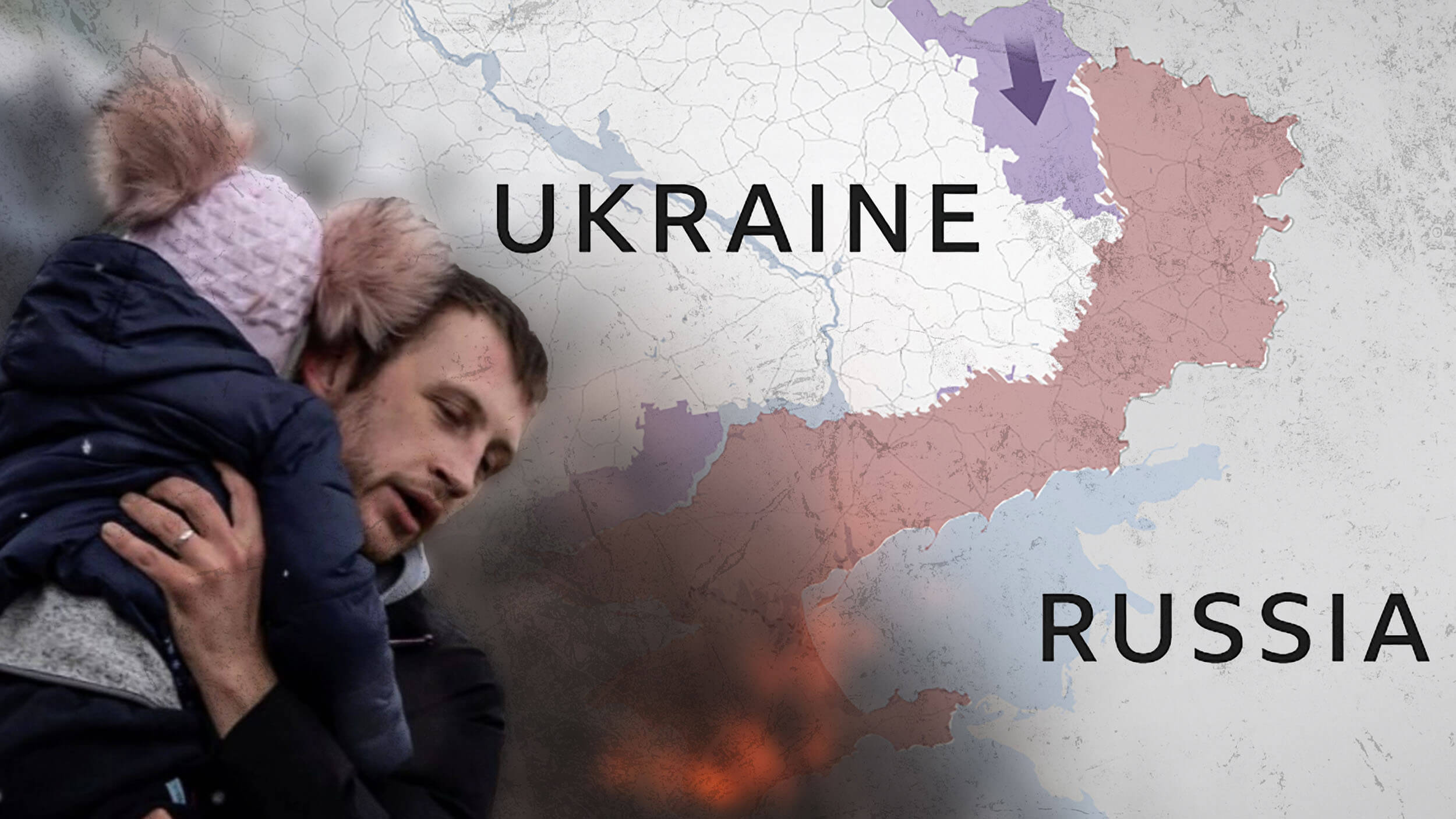By Pavel Kutsevol and Julia Kepczynska
Since 2014, Vladimir Putin’s Russian forces have occupied parts of Ukraine, where lawlessness, human rights abuses, and banditry run rampant. After the launch of a full-scale invasion in February 2022, Moscow seized new territories, asserting violent control over the lives of millions more.
What has been happening in these territories amounts to nothing short of horror: filtration camps, extrajudicial killings, kidnappings, and mass deportation of children. These atrocities have garnered little coverage by international media, which has instead focused on tangible victories or high-ranking negotiations.
After occupying a new area, Russia immediately begins the process of “Russification.” As it did after the 2014 annexation of Crimea, Moscow has begun imposing Russian citizenship upon Ukrainians in newly occupied territories. In conjunction, Moscow is quickly pushing out the Ukrainian currency — Hryvnia — and replacing it with the Russian Ruble. Pensions, ATM withdrawals, and salaries are now paid in Rubles. By forcing citizenship and the Ruble on local populations, Moscow is effectively cutting them off from the rest of Ukraine’s economy, increasing dependence on Moscow and weakening the resistance movement.
While some lives are “Russified,” others are completely uprooted. Russian government officials have organized mass deportations of Ukrainians to Russia. According to the United Nations High Commissioner for Refugees, three million people have been deported from Russian-occupied territories since February 2022. The process for that usually goes like this: Ukrainians are transferred to filtration camps, where they’re interrogated, and sent to different parts of Russia, often with no money or proper documents.
Forcible deportations and detentions are not new to the Kremlin. In the 1940s, the Soviet secret police, NKVD, used the same tactics on “suspected enemies of the state” — like former Soviet POWs and forced laborers returning from Nazi captivity — accused of collaboration, treason, or espionage. In the 1990s, Russia employed the same strategy in Chechnya, where Moscow waged two brutal wars, killing or displacing nearly half the population. They placed people accused of terrorism and cooperation with rebels in detention insulators without any legal grounds, where detainees were beaten and tortured under the guise of a “clean-up operation.” This tactic was used to instill fear and obedience into Chechnya’s local population; many of those “targeted” by Russian troops in Chechnya are still unknown.
This scheme — with eerie similarities — is now being deployed by Putin’s regime in Ukraine.
Mikhail Savva, a prominent Russian human rights activist, said civilians in occupied Ukrainian territories live in constant fear of kidnapping or arbitrary detention. Russian Security forces often go door to door searching for anyone suspected of disloyalty to the Kremlin. A tattoo is enough to raise suspicion of cooperation with the Ukrainian army or government. At random, people are taken for interrogation and never seen again.
Some of the detainees are then transferred to Russia. There are roughly 40 known detention centers and prison colonies across the country, where Ukrainians are held, far from the reach of international organizations like the Red Cross. These prisoners are often subjected to ill-treatment, beatings, stun guns, and electrocution. They are forced to sing the Russian national anthem. They lack any means to defend themselves or contact their families.
This, without a doubt, breaches the Fourth Geneva Convention, which prohibits “individual or mass forcible transfers, as well as deportations” of protected persons (i.e., civilians) “from occupied territory to the territory of the Occupying Power or to that of any other country, occupied or not.” Deportation or forcible transfer of civilians is also a violation of the Rome Statute. Russia’s acts amount to a crime against humanity when “committed as part of a widespread or systematic attack directed against any civilian population.”
Russian authorities usually assign local collaborators, often those with criminal backgrounds, and officers from the Federal Penitentiary Service (FSIN), to oversee Russia’s notoriously harsh prison system, to then supervise detention facilities in the occupied territories.
This is no mere coincidence: These perpetrators have warped psyches, suited for extreme brutality, with the knowledge their violence will go unpunished.
Torture chambers have been found in virtually every settlement liberated by the Ukrainian Army. Following its liberation in September 2022, investigators discovered over 440 graves in a burial site in Izium — a city of just 40,000. Satellite imagery and local reports point to thousands more, with a single site near Mariupol containing over 1,500 graves. One can imagine what kind of atrocities will be uncovered after Ukrainian forces liberate the remainder of their occupied territory.
Much to the horror of the international community, Russia has deported thousands of Ukrainian children. According to President Volodymyr Zelensky, Russia has deported more than 200,000 Ukrainian children since the invasion last year. These children are adopted by Russian parents or forced into foster care. This is yet another gross violation of international humanitarian law.
In March 2023, the International Criminal Court issued an arrest warrant for Putin and Russia’s Presidential Commissioner for Children’s Rights, Maria Alekseyevna Lvova-Belova, for their direct role in de facto kidnappings of Ukrainian children. Putin is now the third serving head of state to become a target of such a warrant, underscoring the gravity — and scale — of the abuses committed.
As Savva notes, the Russian system is bent on and organized around violence and suppression. As the international democratic community, we must work to stop Putin’s campaign and hold perpetrators of these atrocities to account.
And we must call these crimes what they are: war crimes, crimes against humanity, and genocide.
